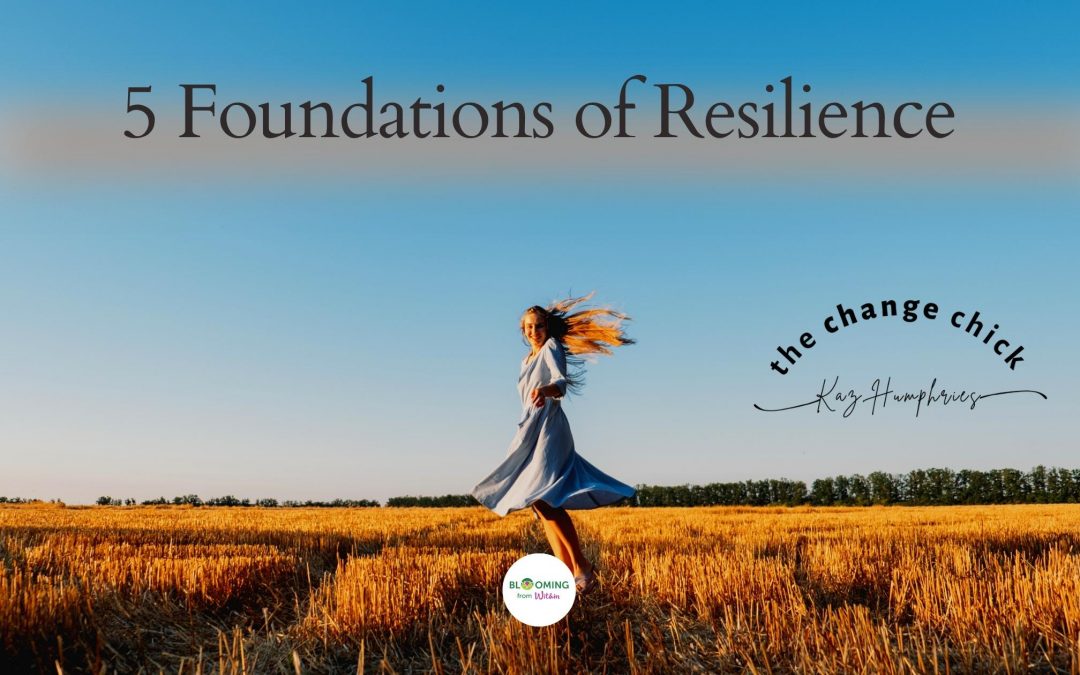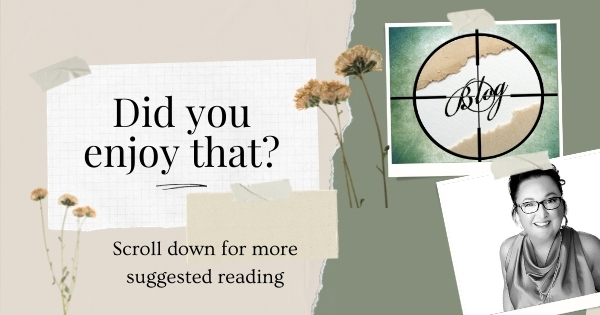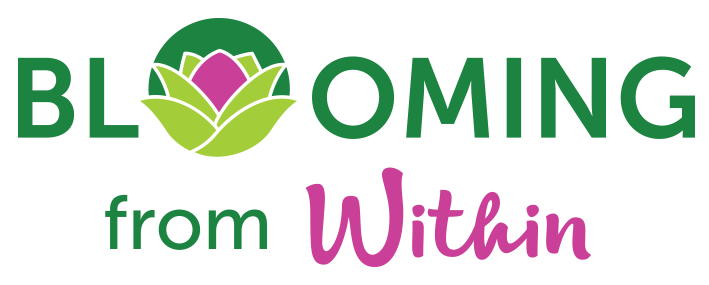
5 Foundations Of Resilience
What are the five foundations of resilience?
What is resilience? It’s defined as “our ability to bounce back from the stress of life”. Stress is a funny word. Most people don’t recognise that whilst we need some stress, like the alarm going off in the morning, any sustained stress is actually not great for our body or wellbeing.
Stress is defined as “a state of mental or emotional strain from an adverse or demanding situation”. Furthermore, the definition is further categorised that when in a prolonged state of stress, can cause imbalance and influence our ability to cope with life.
Resilience (or our ability to bounce back) therefore, requires a strong foundation and comprises five components: self-awareness, mindfulness, self-care, positive relationships and purpose. Resilience is not a skill we’re born with, it’s something we have to learn.
And what a time in the history of the world to learn these skills!
According to the creators of the WorkLife App, there are five pillars of resilience which include:
- self awareness
- mindfulness
- self care
- positive relationships
- purpose.
One of the things I am constantly coaching clients, is that we are responsible for the lessons we embrace on our journey called life. Our humanness, all those experiences, are often messy.
Having a sense of self-awareness is empowering. It keeps you in the present moment, which is on the only time reference where change happens.
When exploring self awareness we commence with focussing on our ability to be conscious (present moment). It takes a lot of courage to acknowledge your stuff (what triggers you).
Self awareness includes your courage, willingness, motivation and intention to be aware so that you can change and navigate the path of life. Having an awareness of self allows you to understand how those around us perceive us.
When we are self-aware, and present we can choose to react or simply observe situations around us. This gifts us the space to then be compassionate and potentially consider what others around us are experiencing or hypothesize reasons for their actions.
Having a consistent self care practice that incorporates mindfulness enables you to practice your ability to be fully present, aware of where you are, what you are doing, and not overly reactive or overwhelmed by what is going on around you.
Berkley University defines mindfulness as “maintaining a moment-by-moment awareness of our thoughts, feelings, bodily sensations, and surrounding environment, through a gentle, nurturing lens”.
Therefore every time you acknowledge you’re stressed (this is the art of mindfulness) you can gift yourself the choice to actively become self aware to the experience you are having, and what is required to resolve the discomfort of what you are experiencing.
Self-care is the practice of implementing positive action(s) that improve or maintain your wellbeing and health. This practice looks and feels different for everyone – and so it should since we’re all uniquely different.
It is up to you to distinguish how you’re feeling and what self care strategy you need in the present moment that will create an intentional positive effort.
I recommend radical self care for everyone. This means try a bunch of different activities, so that you have a variety of strategies to support you when feeling tired, triggered, low or just in a funk.
The next criteria to solidify the foundation of your resilience is positive relationships. This starts with the relationship you have with yourself, and how well you are prepared to acknowledge what you need and when.
It additionally extends to creating and maintaining healthy relationships with people in your life – those people who we exchange love, care, and respect with.
Knowing your why or purpose. This fundamental understanding of why we are here in this life enables you to create a supportive mindset and attitude towards yourself and others. Your sense of purpose is the key to feeling that you belong or serve something bigger than yourself.
In his book, The Giant Within, Tony Robbins elaborates on this sense of significance and loving connection as two of the required human needs. Our sense of purpose is founded on your faith, your family values, or simply perhaps where you work or volunteer your time and energy.
Utilising these foundational tools takes practice. Let me explain why.
Creating a new skill and mastering it’s effect takes time. It’s often important to stick with a new skill so that you can discern how well it works for you when you’re feeling calm, and then gain an understanding of how it will benefit you when stressed.
An activity like meditation is beneficial in the moment when you’re calm, but really useful if you are consistently undertaking short span practice on a daily basis – then it’s like topping up your zen tank.
Self-care should looks different for everyone. It is the practice of taking action to maintain or improve our health. It is up to us to make an intentional effort to practice self-care.
Conclusion
Learning and maintaining these foundational skills takes practice – to know what skill works best for you and when to use the tool. Using these five foundations of resilience can provide you with the gift of reframing your thinking so you see yourself and the world around you in new ways.
Sometimes, capturing a different view of your reality is all you need to step out of drama and back into the present time frame.
Prioritising foundation resilience upskilling is a radical and fabulous holistic approach to manage the stress in your daily life as well as your overall well-being in the long term.

Want to read more like this?
This is My Roar – signed copies of my first published book can be purchased from this website.
5 Questions to Identify What is Enough – Click here
5 Tips to Focus on What Really Matters – Click here
Self Reflection – A little Look Within – click here
8 Hot Tips How To Journal – click here
How To Stop Making Excuses & Start Living Your Best Life – Click here
Time to make a change?
Bookings – book today for an individual appointment
What is Kinesiology?
Join the private membership group Above & Beyond.
Learn more about other services offered click here
About Karen
Change Facilitator
Karen Humphries is a Kinesiology Practitioner, Health & Business Coach, LEAP & TBM & NES Practitioner, Intuitive Meditation Facilitator, Virtual Gastric Band Hypnosis Practitioner – she is a Change Facilitator!
Karen is a self-confessed laughaholic. She loves being of service to the world with her humorous and positive approach to life, encouraging people to ‘choose to change and bloom from within.’


